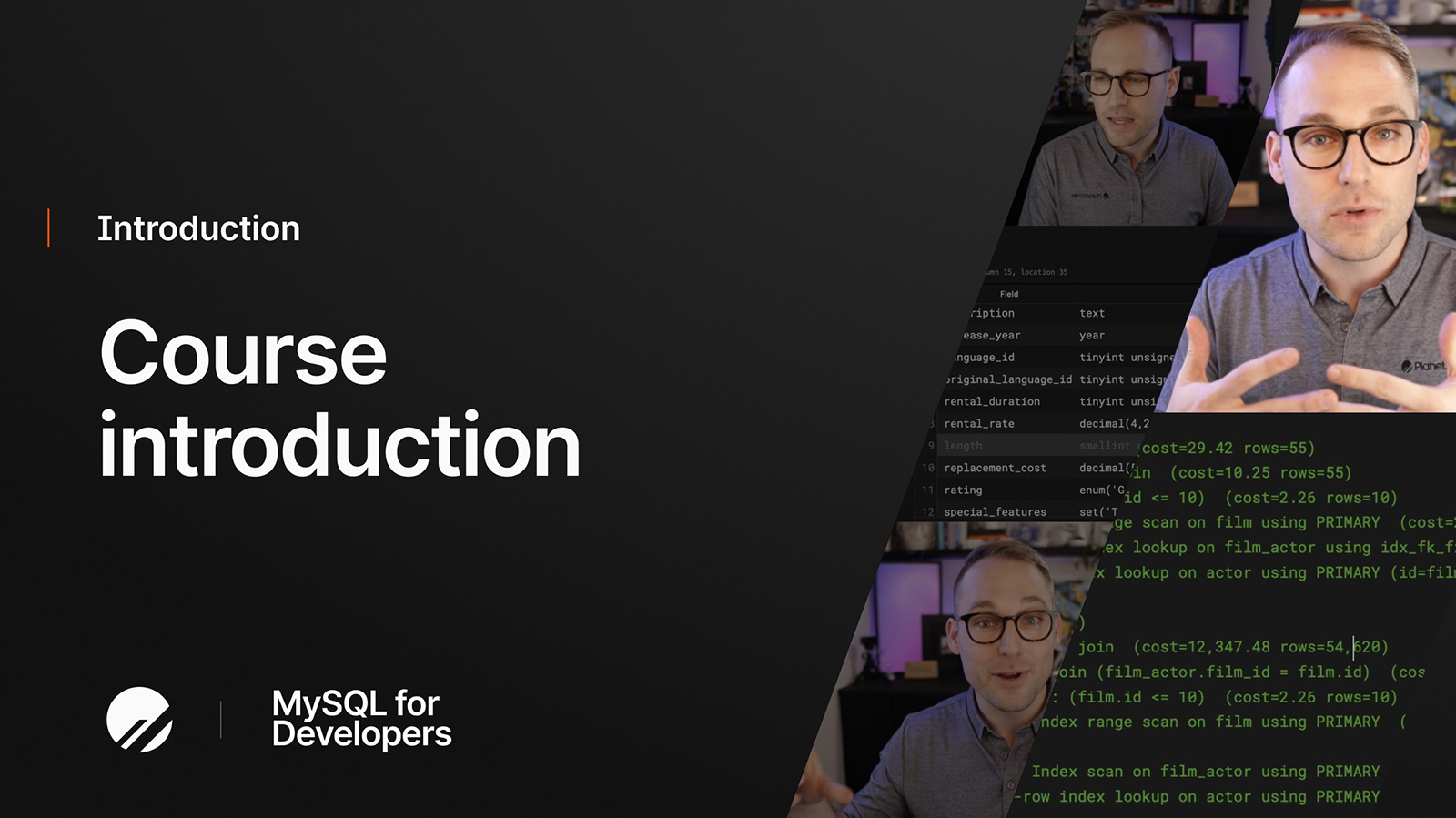I'm learning a bit more about SQL and databases.
I've worked through Julia Evan's SQL zine before:

With the accompanying playground: https://sql-playground.wizardzines.com
I'm working through a tutorial on MySQL from Golang after setting up MySQL via Docker
It's also just an interesting exercise in how Golang approaches data management from a pretty imperative data flow, which is very different from the functional approach I'm used to in TypeScript
Finished following the Golang tutorial, https://github.com/jasikpark/go-tutorial-data-access . It's just a copy of the code in the end.
Next was: https://learnxinyminutes.com/docs/sql/
Took a gander through a couple of Code Academy lessons next.
- https://www.codecademy.com/courses/learn-sql/lessons/manipulation/exercises/sql
- https://www.codecademy.com/courses/learn-sql/lessons/queries/exercises/queries
- https://www.codecademy.com/courses/learn-sql/projects/learn_sql_query_table-1
Also reading through how the api repo interacts with our databases at work to read real-world code 💜
Learning how many different types of joins there are was interesting, and W3Schools showed up again with the solid references: W3Schools: MySQL SQL
Planetscale has a good number of blog posts on MySQL, in addition to what seems like a thorough “MySQL for Developers” course:
https://planetscale.com/blog/the-problem-with-using-a-uuid-primary-key-in-mysql
https://planetscale.com/blog/why-we-chose-nanoids-for-planetscales-api
https://planetscale.com/blog/safely-making-database-schema-changes
https://planetscale.com/blog/backward-compatible-databases-changes
Course:
MySQL for Developers — PlanetScale planetscale.com This free MySQL course covers everything you need to know to become an expert in MySQL. The course is geared toward application developers, and offers practical guidance to implement schema, indexes, query improvement, and more.
Also looking at some Astro and Next.js integrations:
https://www.thomasledoux.be/blog/astro-db-migrating-analytics-postgres